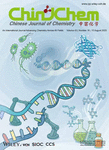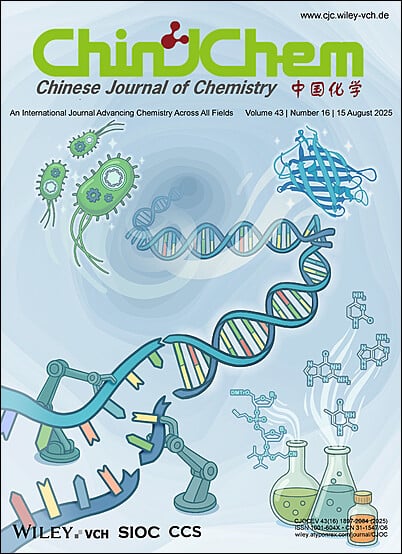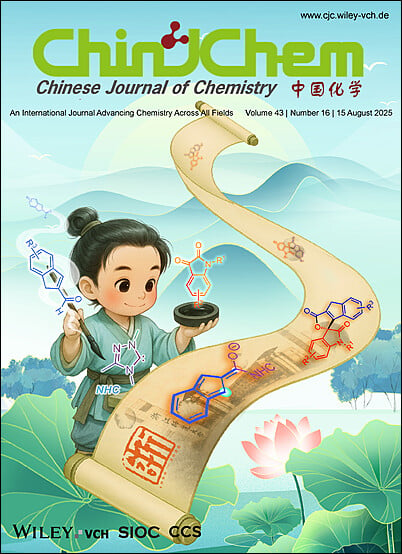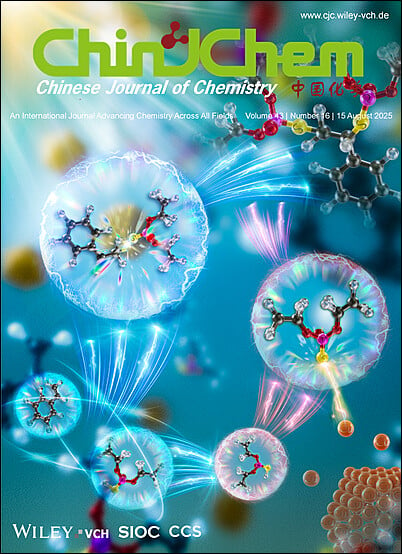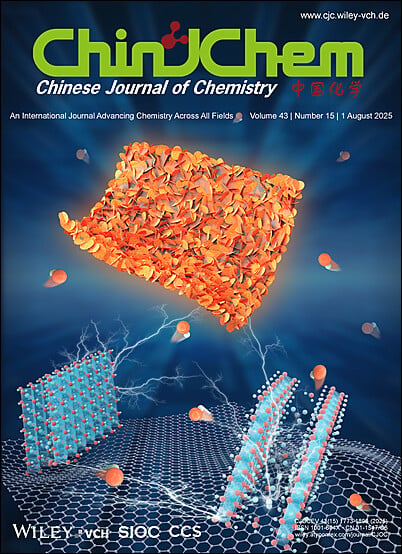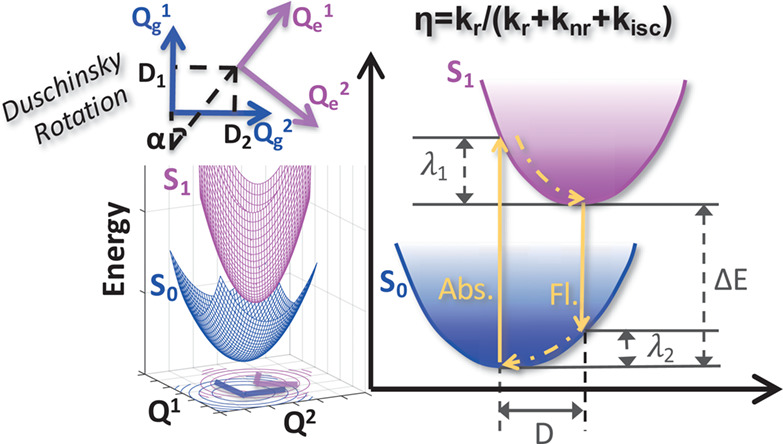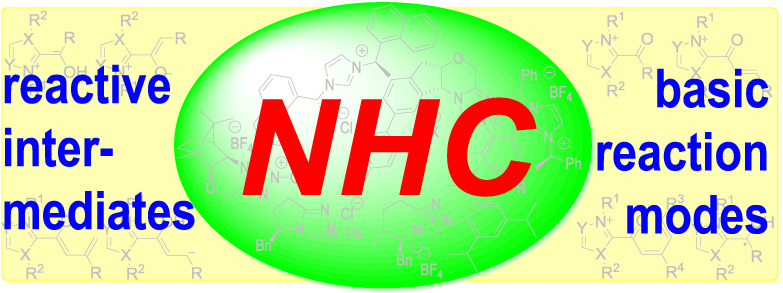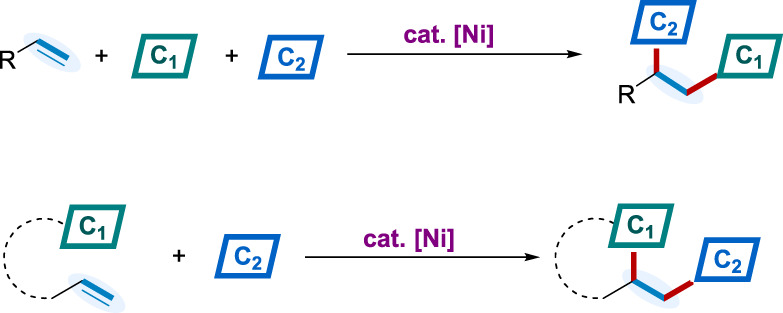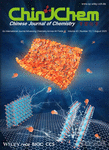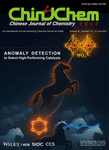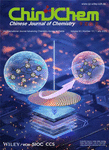Editor: Shengming Ma
The award-winning Chinese Journal of Chemistry is brought to you by top research institutions of China, the Shanghai Institute of Organic Chemistry (SIOC, CAS) and the Chinese Chemical Society. Since 2018, we have undergone a redesign and introduced several distinctive article types. We are publishing high-quality articles encompassing all fields of chemistry with increasing international impact.
Journal Metrics
- 9.4CiteScore
- 5.5Journal Impact Factor
- 27%Acceptance rate
- 6 days Submission to first decision
Articles
Tunable Electromagnetic Response Behaviors via Cross-Scale Morphological Structural Engineering for Ultra-wideband Microwave Absorption†
- 21 July 2025
Graphical Abstract
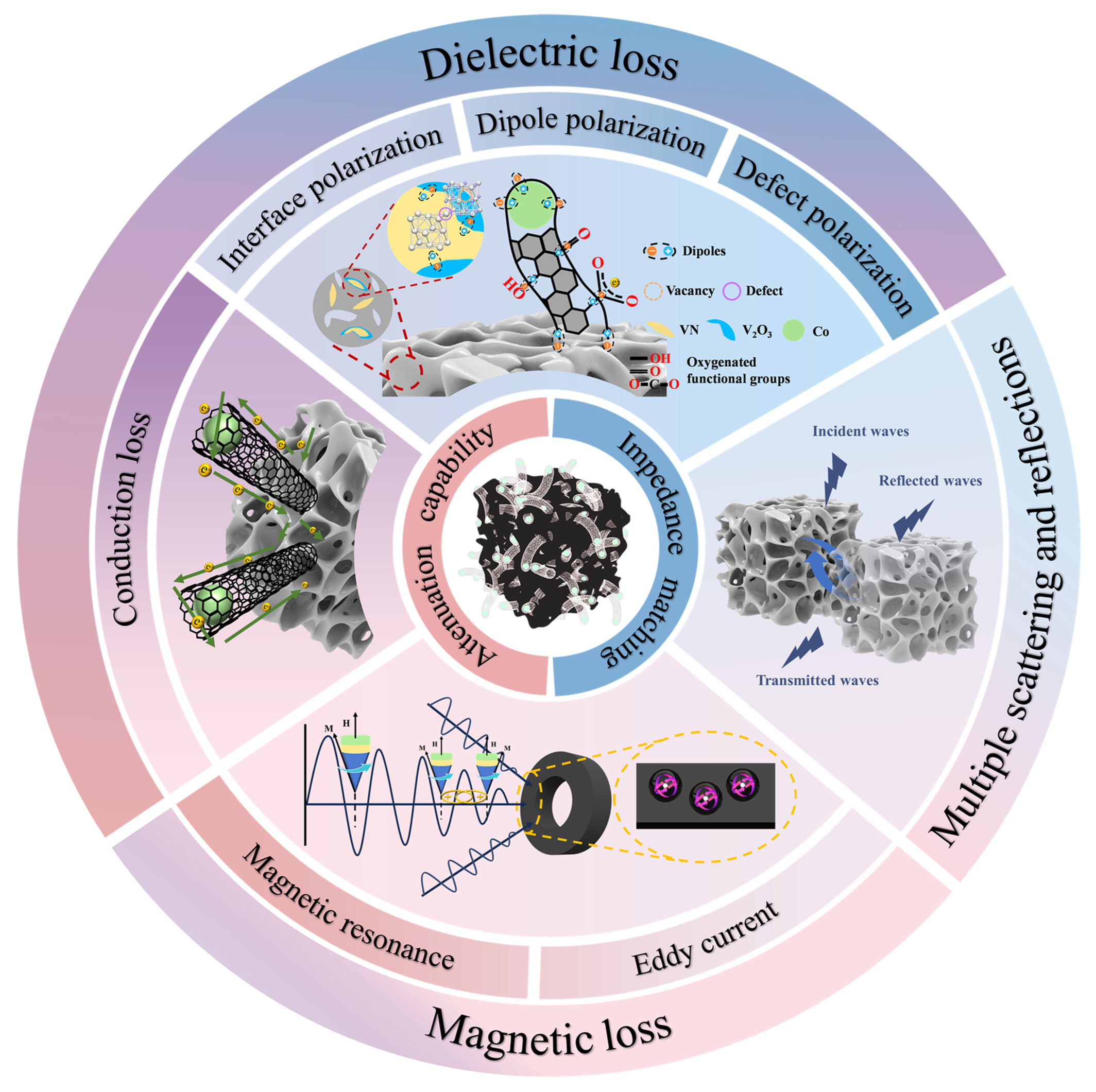
The hierarchical pore channels enhanced multiple scattering and reflections. Numerous defects induced defect polarization. Functional groups led to the formation of dipole polarization. Heterogeneous interfaces caused interfacial polarization. Electron migration and hopping improved conductive loss. Magnetic nanoparticles promoted magnetic loss.
Macrocycle-Mediated 3D-to-2D Structural Transformation of a Metal−Organic Framework through Coordination Bond Rearrangement
- 21 July 2025
Graphical Abstract
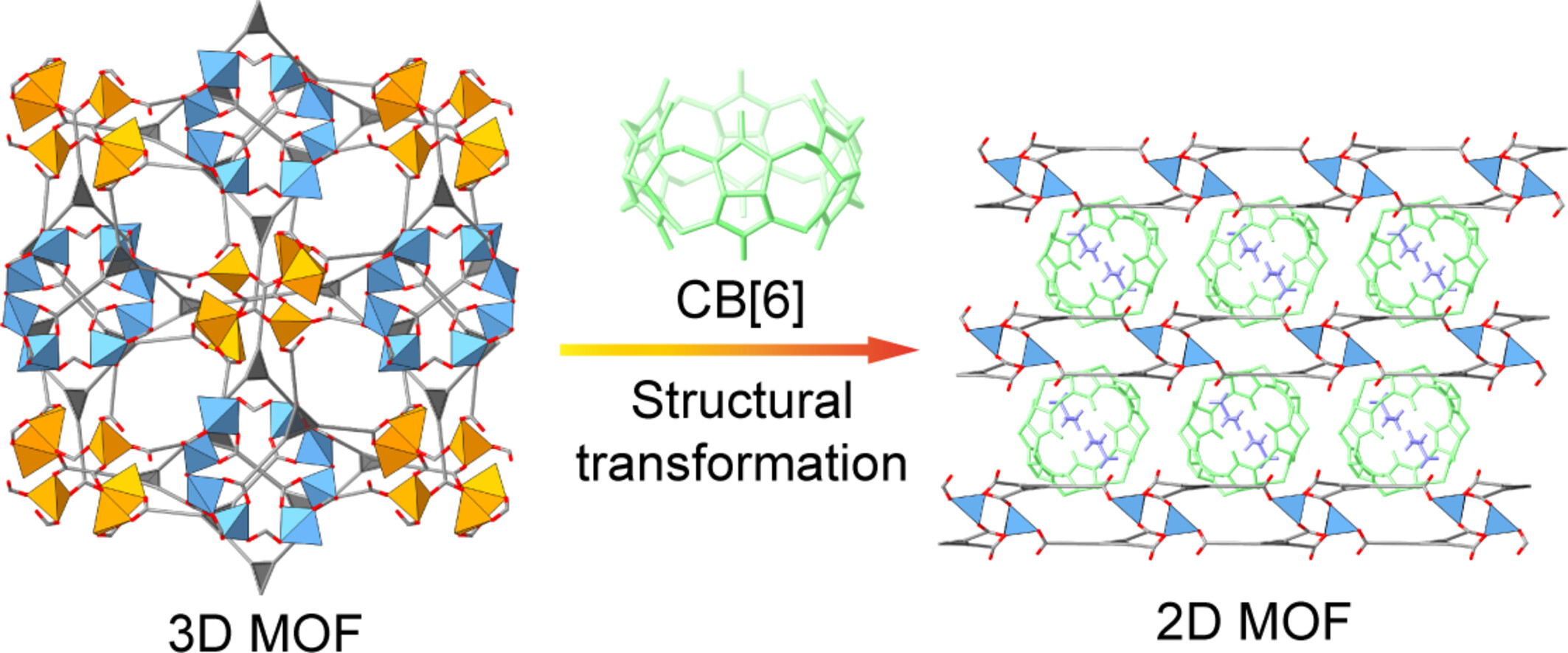
A unique structural transformation from a 3D metal−organic framework (MOF) to a 2D framework through cucurbit[6]uril (CB[6])-mediated coordination bond rearrangement is reported. The resulting 2D MOF with ordered CB[6] arrays exhibits enhanced chemical stability via selective guest encapsulation, and high catalytic efficiency for CO2 cycloaddition with diverse epoxides under mild conditions.
Transition-Metal-Free, Visible-Light-Driven Regioselective Phosphinoylation/Hydrazonation of Unactivated Alkenes with Arylhydrazines and H-Phosphine Oxides
- 21 July 2025
Graphical Abstract
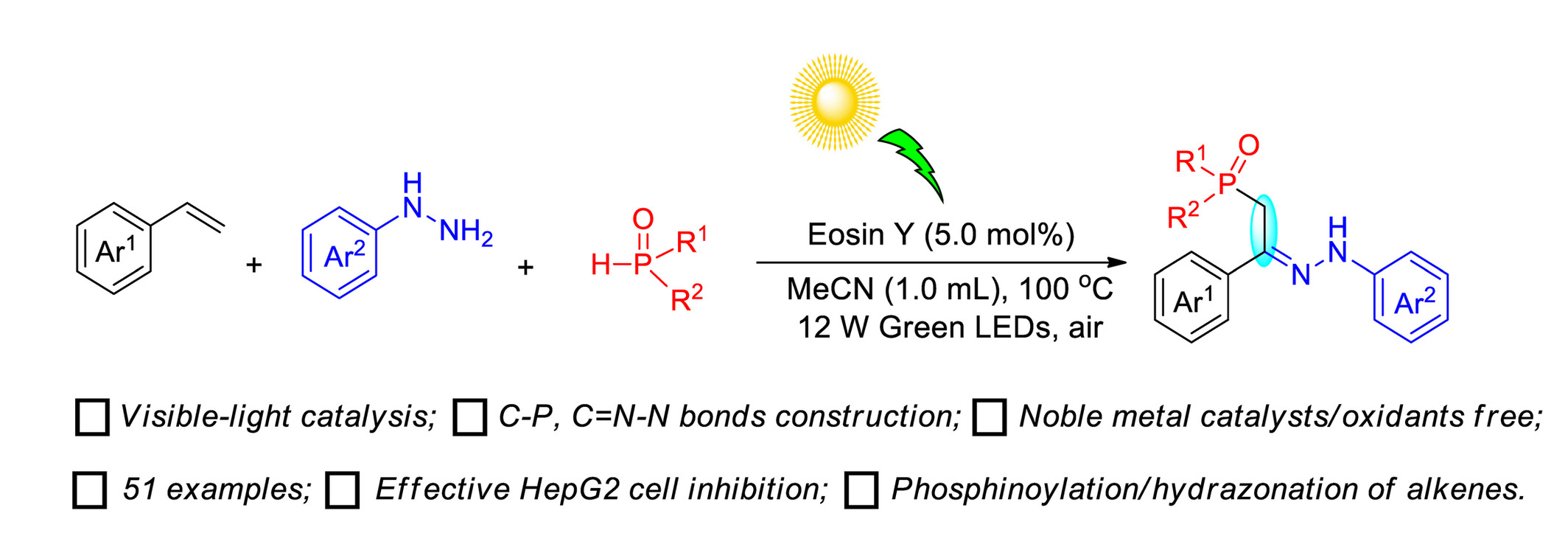
A novel visible-light-driven protocol has been established for the direct difunctionalization of unactivated alkenes using arylhydrazines and H-phosphine oxides as dual-function reagents. Through visible-light photocatalysis, phosphonyl radicals are generated as key intermediates, which undergo a cascade process involving radical addition, single-electron oxidation, and dehydration coupling to achieve the in-situ construction of C–P and C=N–N bonds. The method demonstrates broad substrate compatibility with excellent functional group tolerance, delivering β-phosphinoyl hydrazones in moderate to good yields.
Tetranuclear N-Methyl Aminodiethylate Aluminum Complexes as Efficient Catalysts for Ring-Opening Polymerization of Substituted Epoxides
- 21 July 2025
Graphical Abstract
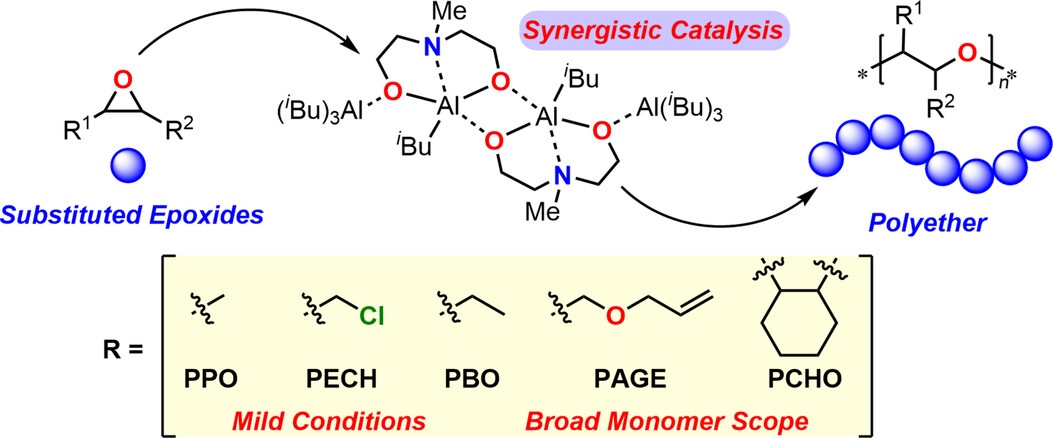
The tetranuclear aluminum complexes demonstrated good polymerization performance not only for CHO, but also for a library of sterically demanding monosubstituted epoxides via synergistic effect, and the distinct roles of the aluminum centers in the synergistic catalytic systems were elucidated for the first time.
Inside Back Cover
- 2083-2083
- 15 July 2025
Graphical Abstract
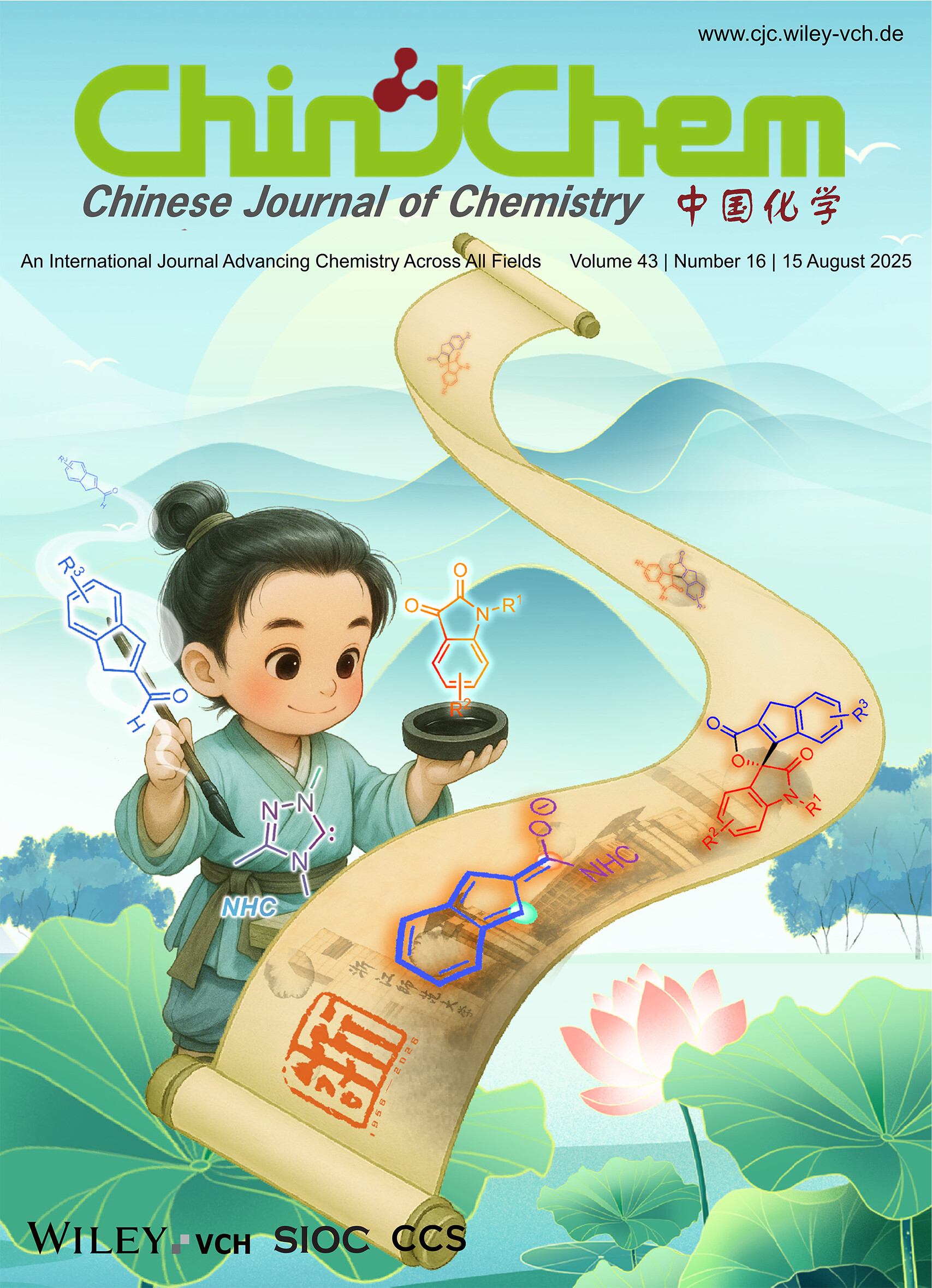
An NHC-catalyzed asymmetric [10π+2π] cycloaddition employs indene-2-carbaldehyde as an all-carbon 10π precursor to forge chiral spirooxindole-γ-butyrolactones (up to 93% ee). This method bypasses nitrogen-based higherene substrates, operates via NHC-bound isobenzofulvene intermediates, and scales to 4 mmol with retained efficiency, offering a versatile route to complex spirocycles. More details are discussed in the article by Deng et al. on pages 1983—1987.
The following is a list of the most cited articles based on citations published in the last three years, according to CrossRef.
Thermal Vibration Correlation Function Formalism for Molecular Excited State Decay Rates
- 1223-1232
- 8 June 2020
Recent Advances in Hydrometallation of Alkenes and Alkynes via the First Row Transition Metal Catalysis†
- 1075-1109
- 20 August 2018
N-Heterocyclic Carbene Organocatalysis: Activation Modes and Typical Reactive Intermediates
- 1167-1202
- 9 May 2020
Nickel-Catalyzed Dicarbofunctionalization of Alkenes†
- 1371-1394
- 16 June 2020



